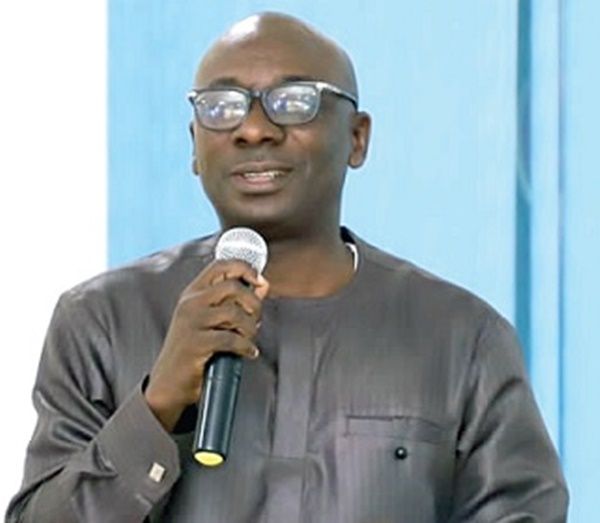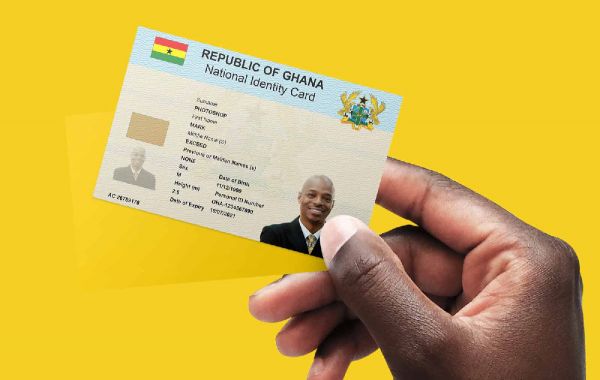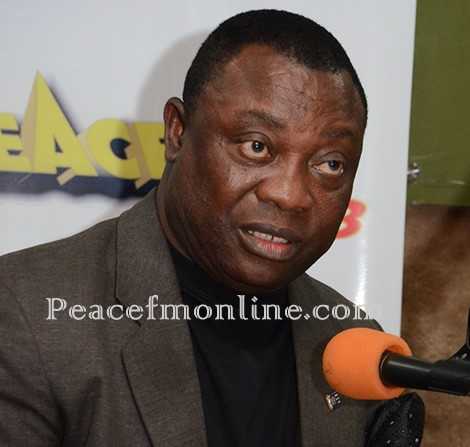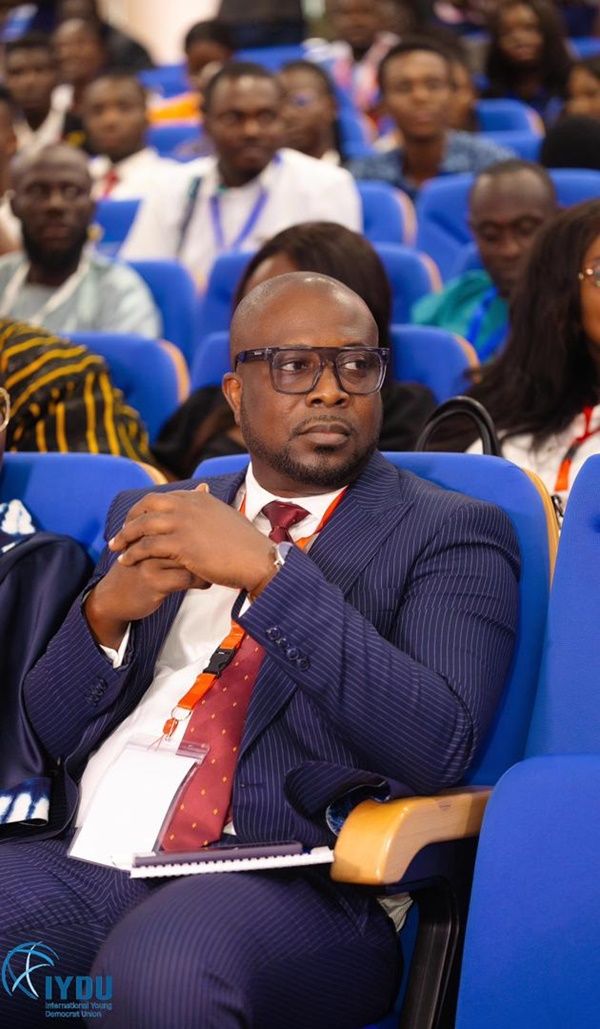
Ing. David Owusu Adonteng, the Acting Director General of the National Road Safety Authority (NRSA), has urged political parties in Ghana to prioritize road safety measures in their manifestos. This call comes as road traffic accidents continue to pose a significant public health challenge in the country.
Ing. Adonteng emphasized that integrating road safety into political agendas is crucial for reducing accidents and saving lives. By doing so, political parties can demonstrate their commitment to the well-being and safety of citizens, making road safety a pivotal issue in national development.
He highlighted the need for comprehensive strategies that address various aspects of road safety, including infrastructure improvements, strict enforcement of traffic laws, and promoting safe driving practices.
He stressed that road safety should not be treated as a peripheral issue but should instead be a central component of national policy, deserving serious attention in political discourse.
The Acting Director General pointed out that election periods in Ghana witness heightened political activities, increased movement of people, and a surge in vehicular traffic due to rallies, campaigns, and other election-related events.
This situation underscores the urgency of prioritizing road safety measures during such critical periods to mitigate the risk of accidents and ensure public safety.
In engaging with transport and logistics officers from various political parties, Adonteng urged them to collaborate in revising and introducing road safety codes.
He encouraged political parties to incorporate robust road safety strategies into their 2024 manifestos, demonstrating a proactive approach to safeguarding lives and promoting responsible governance.
Overall, Adonteng's appeal highlights the intersection of public health, governance, and safety, urging political stakeholders to embrace proactive measures that enhance road safety and contribute to national development goals.
Adonteng's engagement with transport and logistics officers from political parties underscores the NRSA's proactive stance in advocating for road safety.
By collaborating directly with political stakeholders, he aims to ensure that road safety measures are not only discussed but also effectively implemented as integral components of national policy and party manifestos.
The call to revise and introduce road safety codes reflects a commitment to updating regulatory frameworks to align with evolving road safety challenges. This proactive approach is crucial given the dynamic nature of road traffic and the increasing complexity of urban transport systems.
Moreover, emphasizing road safety during election periods is particularly pertinent. The heightened political activities and increased vehicular movement present heightened risks for road accidents. By integrating road safety into their agendas, political parties can demonstrate their responsiveness to public concerns and prioritize the safety of citizens amidst the fervor of electoral campaigns.
Adonteng's advocacy also underscores the broader societal impact of road safety initiatives. Beyond reducing accidents and fatalities, effective road safety measures contribute to economic productivity by minimizing disruptions caused by accidents and enhancing public confidence in transportation systems.
Looking ahead to the 2024 manifesto development, the NRSA's engagement serves as a pivotal opportunity for political parties to differentiate themselves through concrete commitments to road safety.
By outlining comprehensive strategies that encompass infrastructure improvements, stringent enforcement measures, and public awareness campaigns, parties can set benchmarks for responsible governance and societal well-being.
Ing. David Owusu Adonteng's proactive engagement with political parties not only highlights the urgency of prioritizing road safety but also positions the NRSA as a catalyst for meaningful policy dialogue and action.
By fostering collaboration and advocacy, he underscores the critical role of political leadership in shaping a safer and more resilient transportation environment for all Ghanaians.








